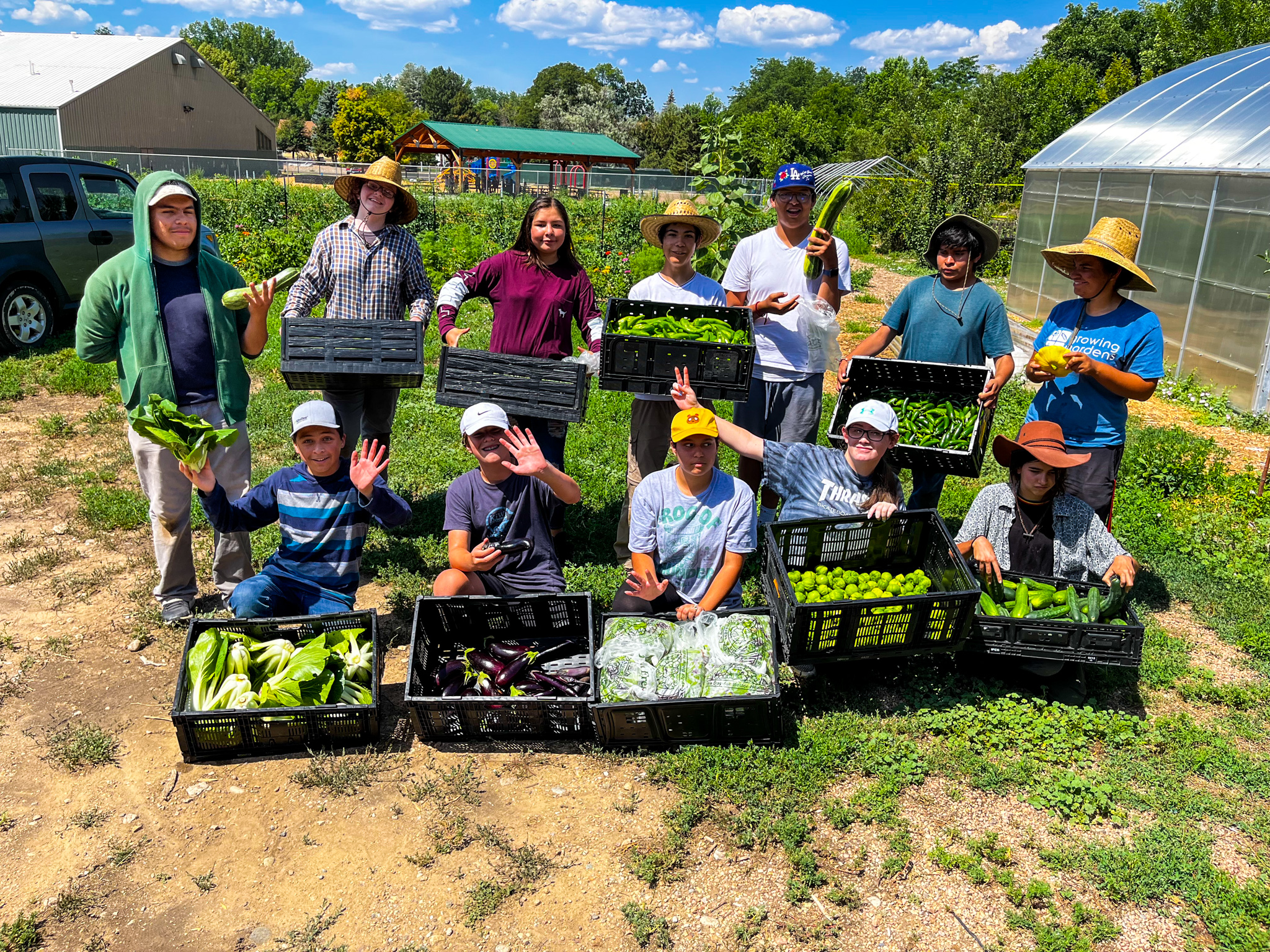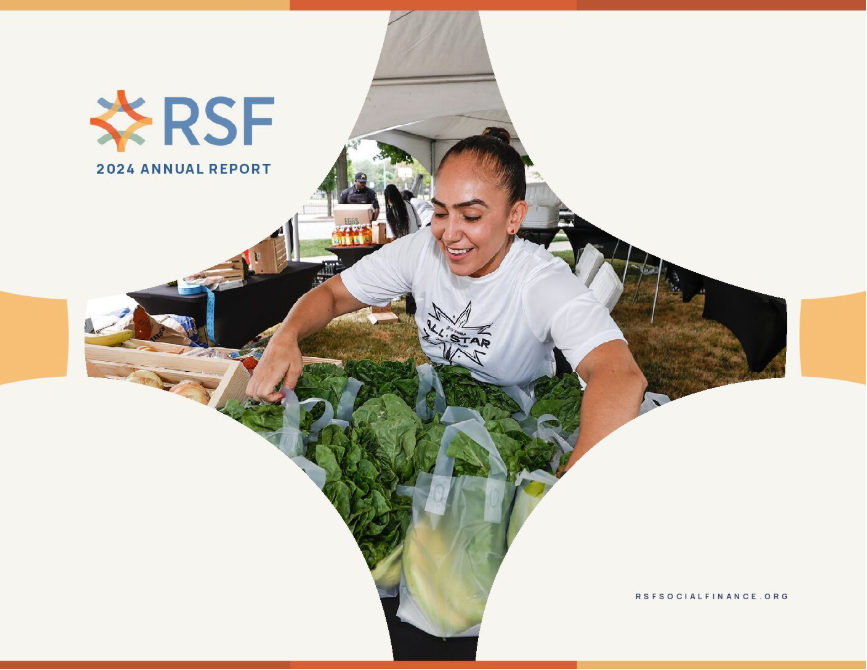A $150,000 line of credit from RSF gives Tracey Rogers Brandt, owner of natural winery Donkey & Goat, peace of mind in the face of climate-related uncertainty.
When Tracey Rogers Brandt and her then-husband Jared Brandt started their winery, Donkey & Goat, in 2004, they were pioneers in the U.S. natural wine movement. They had studied under natural winemaker Eric Texier in France’s Rhône Valley and founded their business on sustainability principles. They sourced grapes from organic and biodynamic farms, crushed them by foot and used only native or wild yeast for fermentation.
Under Tracey, a trailblazing female entrepreneur in a male-dominated industry, Donkey & Goat gained a reputation for well-crafted wines, and the Berkeley, California–based business grew. But she needed working capital to handle cash flow fluctuations—and for peace of mind amid the uncertainties of wildfires, drought and COVID-19.
The challenge: lining up working capital to cushion unpredictable times
Tracey approached RSF in 2020 when her bank was acquired and could no longer service Donkey & Goat’s accounts. She needed a lender to assume the business’s $250,000 term loan and issue a $150,000 line of credit. RSF was able to do both, and the credit line was crucial: Tracey wanted to be sure she could cover the cash flow gap between when she paid growers for grapes and when she sold her wines.
From the start, Tracey and RSF were on the same page about sustainability. “RSF’s philosophy was in perfect alignment with what we do and care about,” Tracey says, “and we found it immeasurably valuable to have a lender that values our ethos and philosophy.” That mission fit became even more important over the next few years, as the pandemic and climate-related conditions threw up hurdles. Tracey was constantly reacting and pivoting, and she needed a lender that could roll with the punches.
RSF’s solution: a relationship built on trust
When the pandemic hit, Tracey—Donkey & Goat’s proprietor, winemaker and general manager—had to suddenly pivot from restaurant sales to selling wine online. She temporarily closed her Berkeley tasting room and focused on increasing membership in Donkey & Goat’s wine club. Because of her agility, the winery’s e-commerce revenue jumped 480% from 2019 to 2020. But then the wildfires of 2020 and 2021 in Napa and Sonoma Counties brought fresh uncertainty.
Tracey was buying grapes from nine growers who, collectively, cultivated 26 varietals in 16 vineyards. Many of the grapes suffered smoke damage in the fires, particularly in 2021. Her winery’s production dropped 30% to 45% over the last two years. She also lost any sense of how the production season would unfold. “Ever since 2016, my ability to do any predictive modeling has been severely hampered,” she says, “because of these massive swings due to the warming climate.”
When she renewed her line of credit this year, Tracey spoke to RSF about how all this uncertainty was affecting her business. They discussed softening one of the loan covenants—the debt service coverage ratio, which measures a business’s cash flow against its debt—because of her inability to forecast. They ultimately decided against that. But RSF underscored its trust in her by putting in writing that if the lending team had any concerns moving forward, they’d have a conversation with her rather than terminating the loan. “No other lender I know does that,” Tracey says.

Results: the freedom to pivot
Tracey can now move forward with greater peace of mind and use her energy to innovate rather than worry about financing. That’s good because she’s had to pivot constantly. After the 2021 Caldor Fire, for example, Tracey was forced to discard a large percentage of the year’s harvest because of smoke damage and improvise with other grapes. The result was what she calls her “Plan B” wines. One of them, a dark rosé called Skinny Dip, turned out so well that The New York Times lauded it as “delicious, bright and lively.” Tracey has also built a steady business in the outdoor space of her reopened Berkeley tasting room.
RSF, she says, made it easier to navigate the uncertainty and gives her confidence about the future. If business grows volatile again, she says, “I know RSF will have my back the whole way.”


